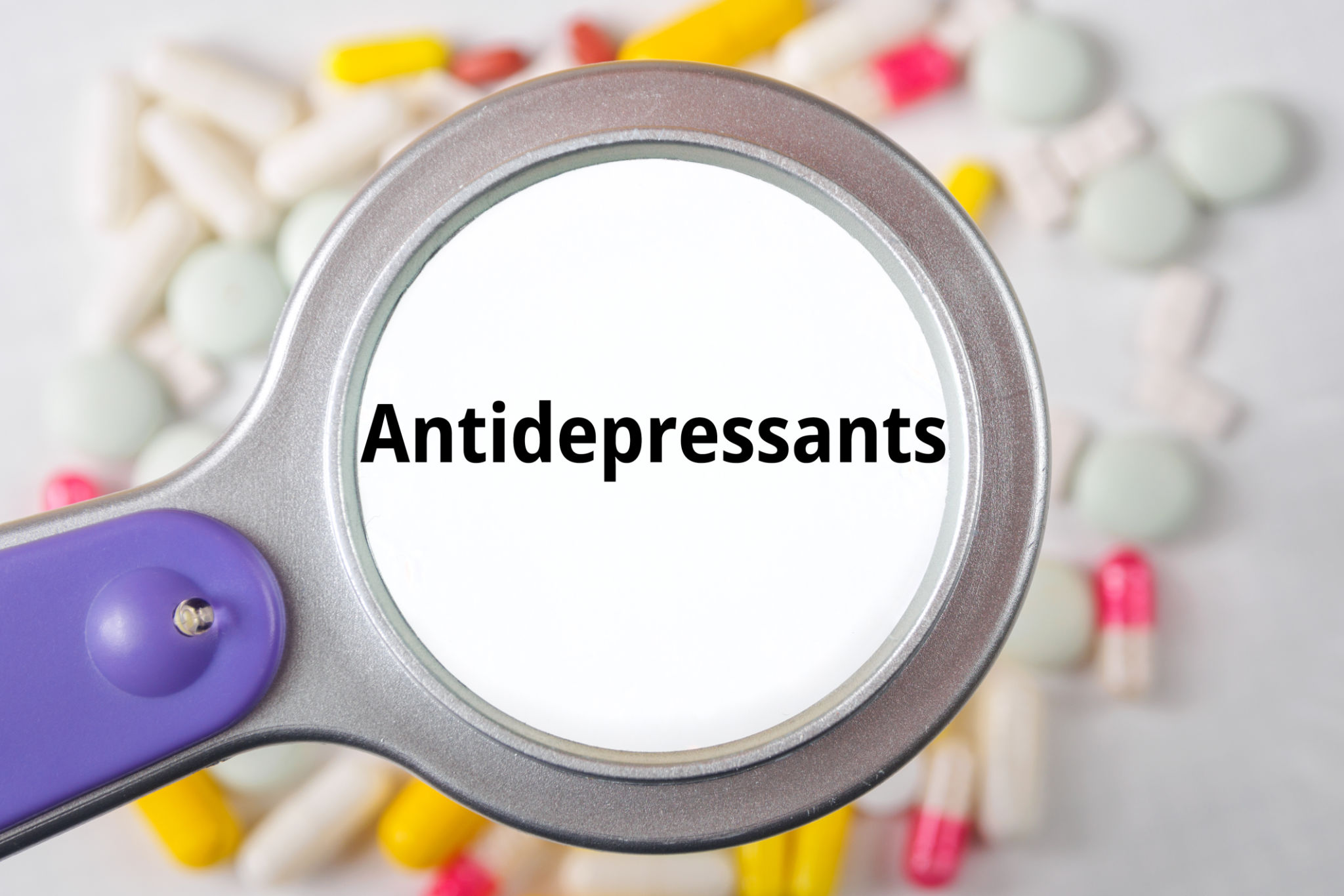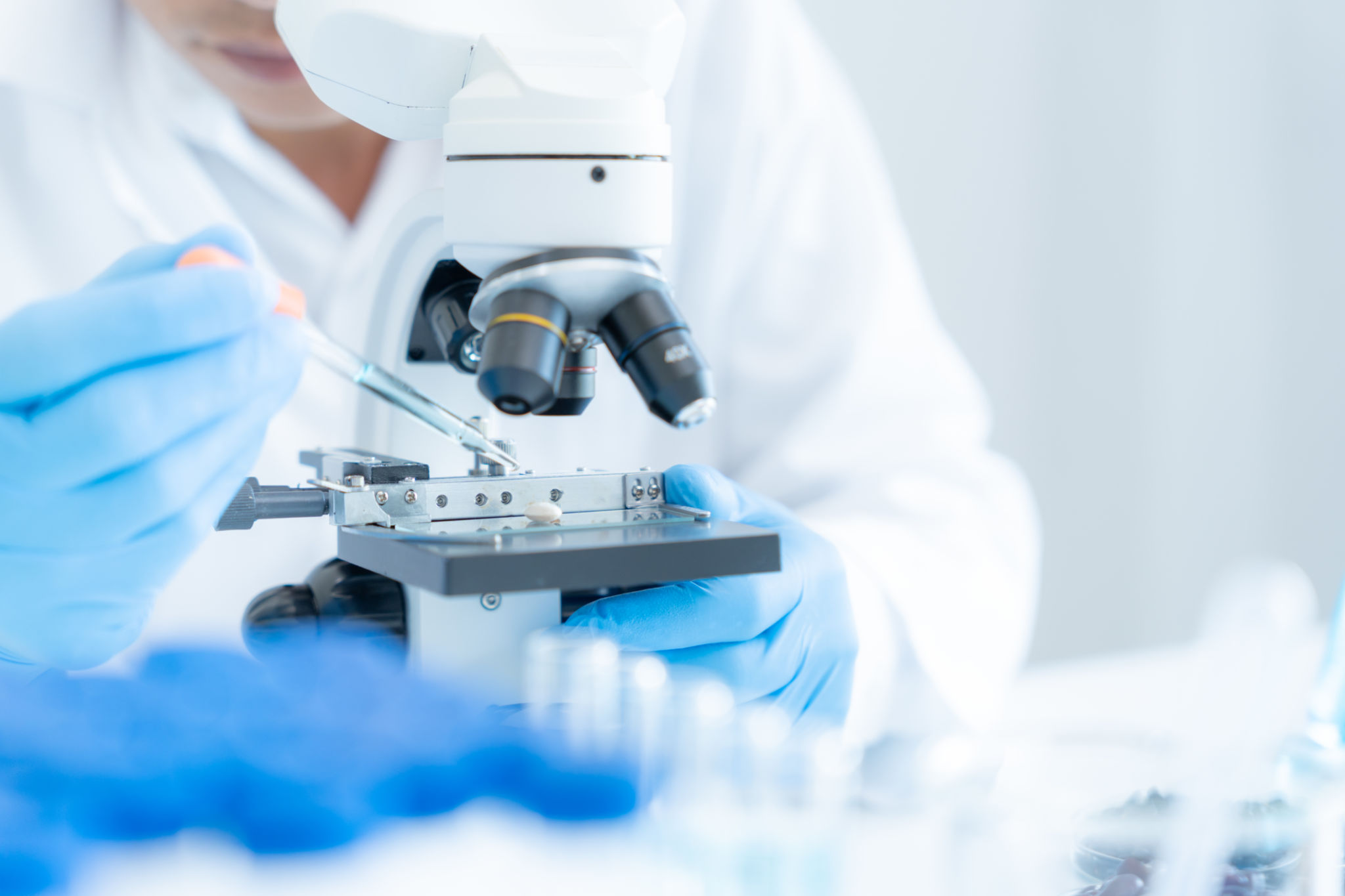Common Misconceptions About Drug Testing: Myths vs. Reality
Misconception 1: Drug Testing Violates Privacy
A common belief is that drug testing is an invasion of privacy. However, in reality, drug tests are conducted under strict confidentiality guidelines to protect individuals' privacy. Employers typically follow legal regulations to ensure that testing is done respectfully and with consent. It's important to remember that these tests aim to maintain safety and productivity in the workplace, not to infringe on personal rights.

Confidentiality and Consent
Drug testing procedures are designed to be confidential. Employees are usually informed about testing policies when they are hired, and consent is generally obtained before testing. This ensures transparency and respect for personal boundaries. Results are shared only with authorized personnel who need to know for decision-making purposes.
Misconception 2: All Drug Tests Are the Same
Another myth is that all drug tests are identical. In truth, there are various types of drug tests, each with specific purposes and detection windows. Common methods include urine, saliva, hair, and blood tests. Each type has its advantages and limitations, depending on the substances being tested for and the timeframe of drug use.
Types of Drug Tests
- Urine Tests: Widely used due to cost-effectiveness and ability to detect recent drug use.
- Saliva Tests: Non-invasive and quick, ideal for detecting very recent drug use.
- Hair Tests: Can detect drug use over a longer period but are more costly.
- Blood Tests: Highly accurate but invasive, used in specific scenarios requiring detailed analysis.

Misconception 3: Drug Testing Is Unreliable
Some people believe that drug tests are unreliable and prone to false positives. While no test is infallible, modern drug testing methods have high accuracy rates when administered correctly. Laboratories follow stringent procedures to minimize errors, including confirmation testing to verify initial positive results.
Ensuring Accuracy in Drug Testing
To improve reliability, laboratories use advanced technologies and methodologies. Confirmation tests, such as Gas Chromatography-Mass Spectrometry (GC-MS), are employed to ensure that initial results are accurate. These measures help provide a fair assessment of an individual's substance use.

Misconception 4: Drug Testing Is Only for Large Companies
There is a notion that only large corporations conduct drug testing. However, businesses of all sizes recognize the benefits of maintaining a safe and productive work environment through drug testing. Small businesses, too, implement testing policies to protect their workforce and enhance operational efficiency.
The Benefits for Small Businesses
Small businesses can benefit significantly from drug testing by reducing workplace accidents, improving employee productivity, and minimizing health insurance costs. Implementing a drug-free policy can also attract better talent and foster a healthier workplace culture.

Conclusion: Separating Fact from Fiction
Understanding the realities of drug testing helps dispel myths and misconceptions. By acknowledging the procedures and purposes behind these tests, individuals and organizations can appreciate their role in promoting safety and productivity. Emphasizing education and transparency is key to overcoming misunderstandings about drug testing.
